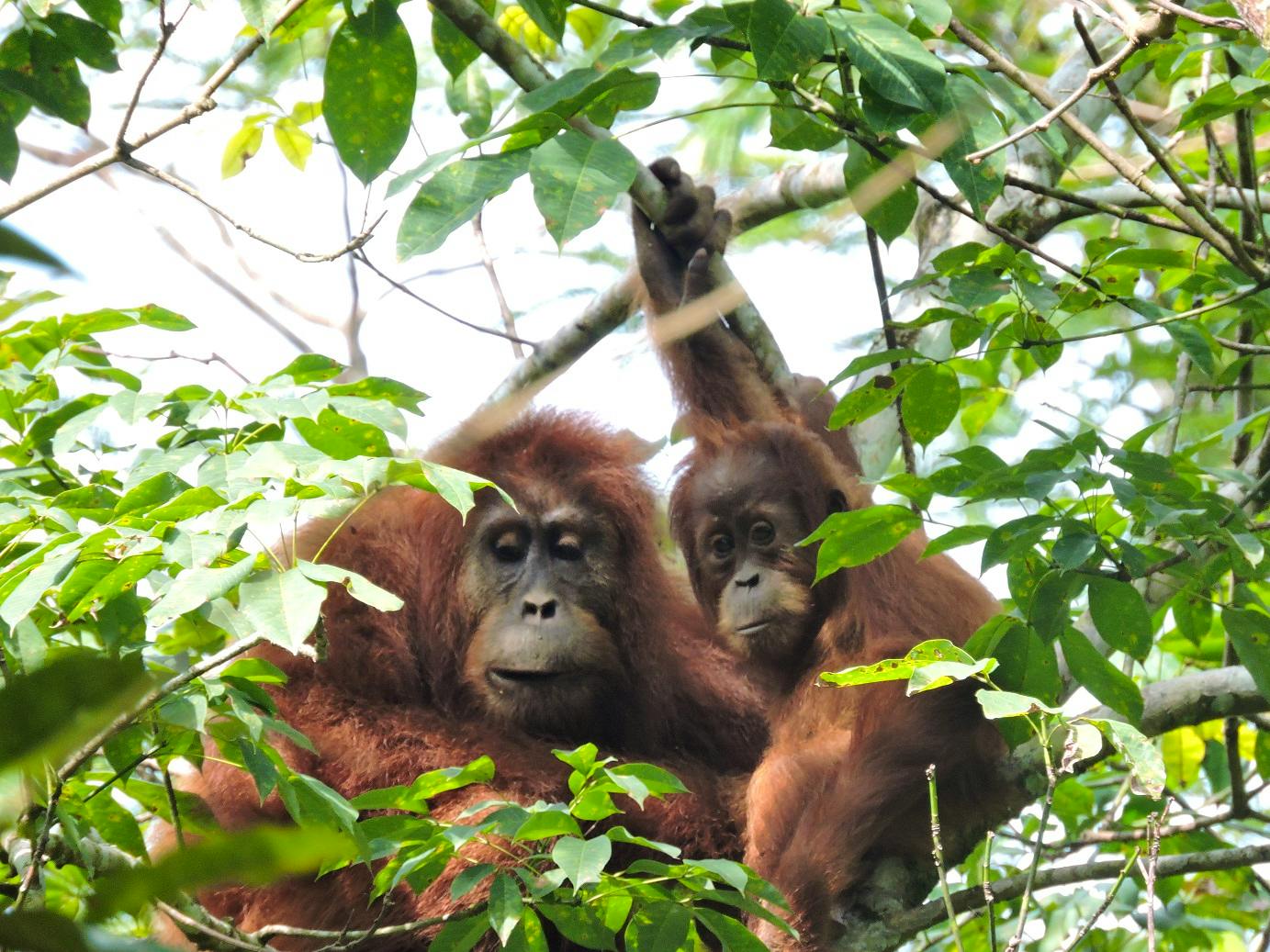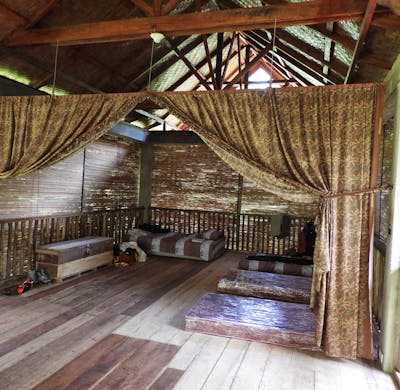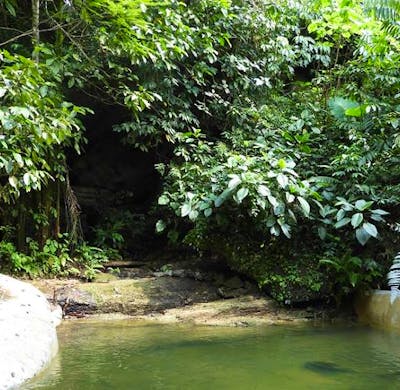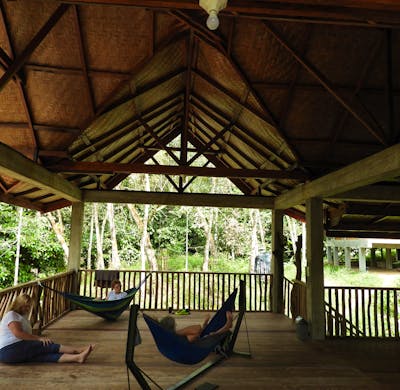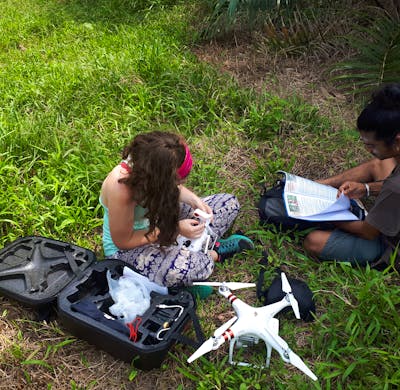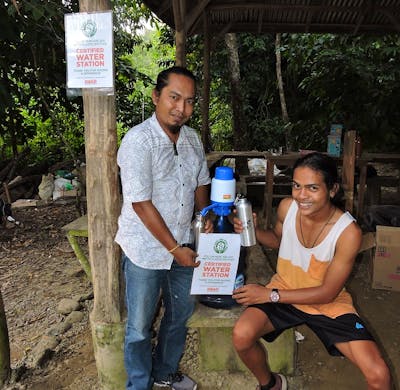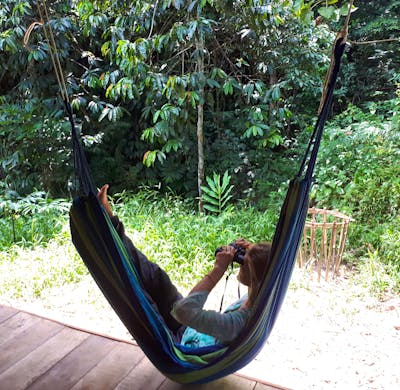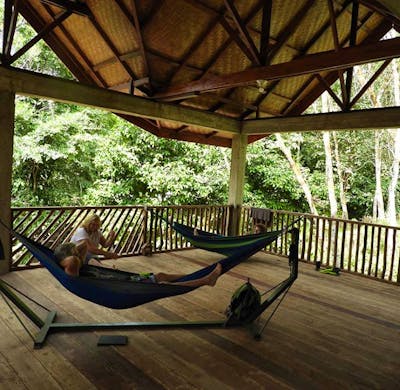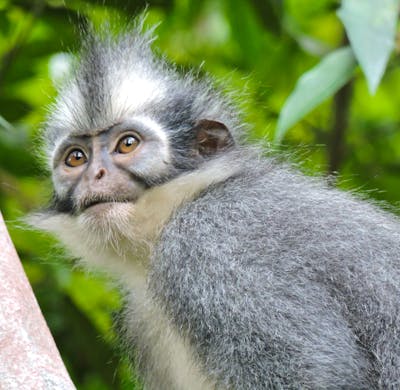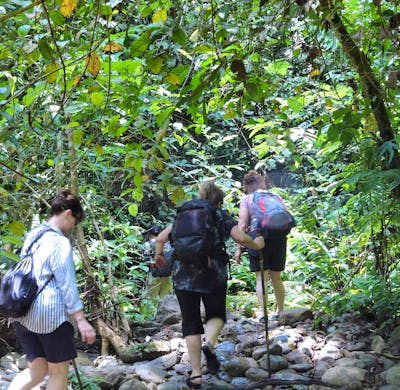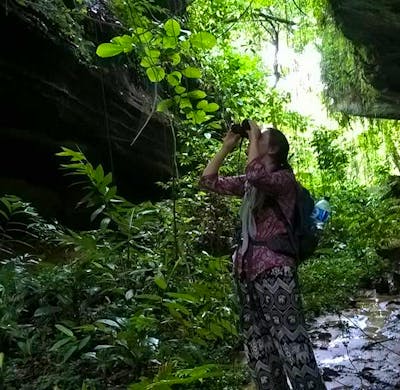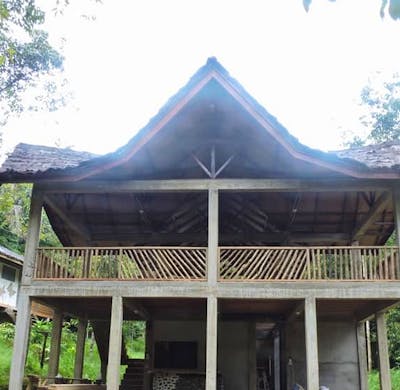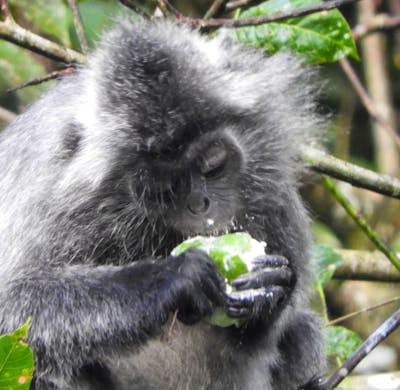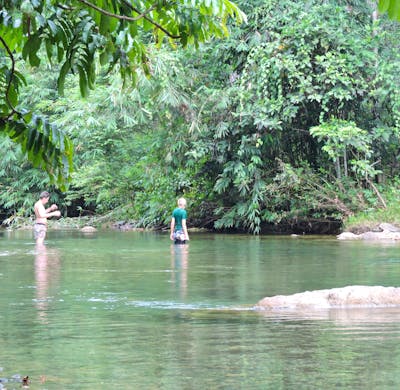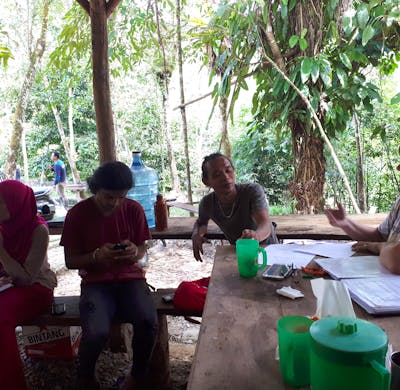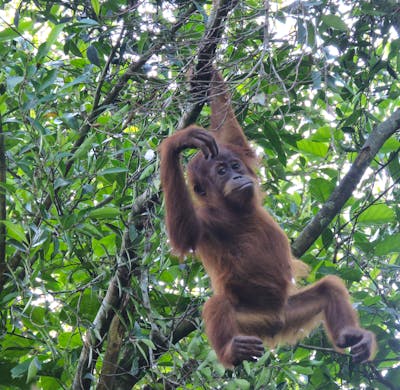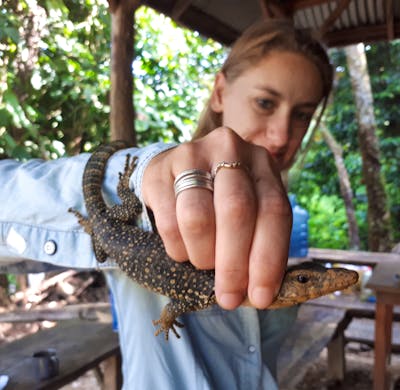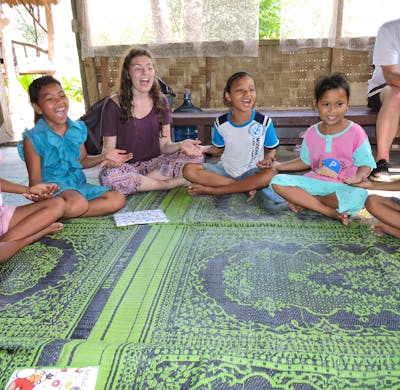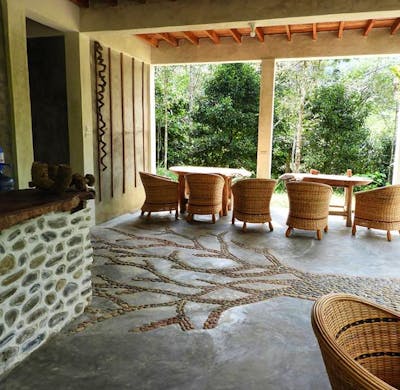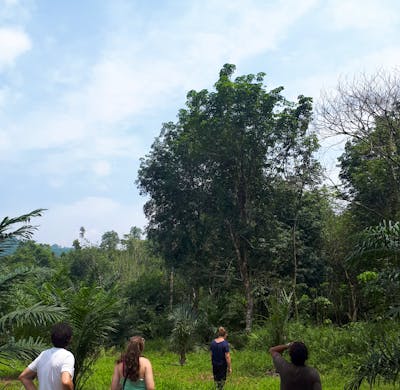Orangutan And Wildlife Corridor Conservation
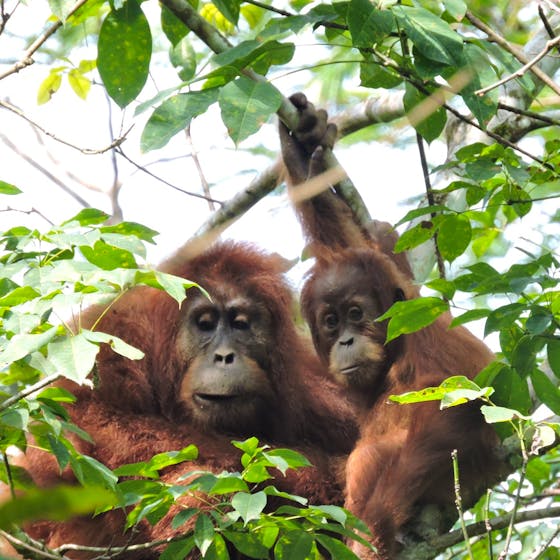
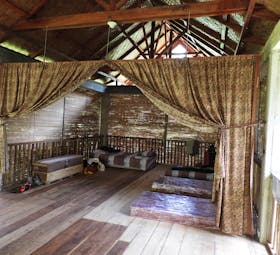
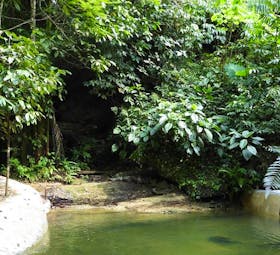
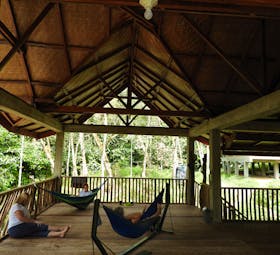
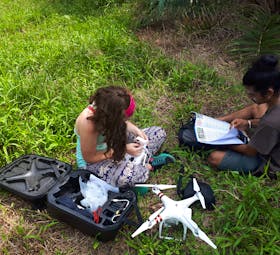
Complete your reservation as soon as possible. This project fills up quickly and is already booked on certain dates.
Highlights
- Indulge in this mesmerizing jungle experience, waking up to the captivating calls of monkeys along the river
- Witness the extraordinary biodiversity of the rare and stunning Biolink area, adjacent to the renowned Gunung Leuser National Park
- Create unforgettable memories and lifelong friendships during your time with us
- Immerse yourself in the vibrant local culture, forging connections with welcoming locals who treat you like family
- Seize the opportunity to explore the enchanting jungle, navigate rivers, visit bustling markets, and discover the charming nearby villages during your free time
- Indulge in this mesmerizing jungle experience, waking up to the captivating calls of monkeys along the river
- Witness the extraordinary biodiversity of the rare and stunning Biolink area, adjacent to the renowned Gunung Leuser National Park
- Create unforgettable memories and lifelong friendships during your time with us
Especially good for
About the program
Come and join our conservation team on a jungle adventure to protect the endangered Orangutan in one of the oldest and most beautiful rainforests in the world! 🦧
About the Project
We are a grass roots community led conservation program, run by a group of dedicated local people who are passionate about nature and the environment and who want to protect the animals and rainforest where they live.
If you are looking for a hands-on conservation project, ...
Typical day
Your Itinerary
Phase 1 Day : Introduction Day!
Arrive at Medan (KNO) airport, Sumatra, to be picked up and head to the jungle to begin your adventure at the Batu Kapal conservation project site! We will arrange to pick you up from the Medan airport or your hotel and transport you to the project ...
Free-time activities
Batu Kapal is a beautiful jungle location in mountains adjacent to Gunung Leasur National Park on the Landak RIver and just 15-20 minutes by motorbike or a 50 minute walk from the village of Bukit Lawang - prime wild Sumatran orangutan country.
In your spare time on the weekends you will have the ...
Requirements
What's Included
What's NOT included?
Details on arrival
Volunteers are welcome to join are program throughout the year at times that suit you!
You can arrive at Batu Kapal base camp on Sunday through to Friday between 8am and 8pm.
Please note there is no check in on Saturdays. If you arrive at the airport on Saturday, we suggest you stay Saturday night in Bukit Lawang the closest village and arrive at the project site on Sunday.
Prior to Arrival
Your passport must be valid for a minimum period of six months from the date of entry into Indonesia. Entry to Indonesia will be refused and airlines may not carry passengers holding passports with less than six months validity. You are required to retain your arrival card for presentation to Immigration upon your departure.
You need to fly into Medan airport (KNO) on on the project start date, preferably between 9am - 5pm so you are not arriving too late at the project site, as we are 4 to 5 hours from the airport.
Please check with your doctor regarding the latest on the vaccinations required to travel to Sumatra.
In order to join this project you will need a visa. Please contact us for assistance with your visa if required
Less that 60 day stays – 30 Day Visa on Arrival
On entry to Indonesia most nationalities are eligible for the 30 day Visa on Arrival (cost $35 US) for stays less than 30 days. This can be extended once for an additional 30 days at the local immigration office 7 days before your visa expiry date ($35 US for 30 day extension).
Please ensure your country/nationality is eligible for the 30 day Visa on Arrival before you fly, by checking the Indonesian embassy website to obtain the latest visa and passport information.
At immigration point, they may ask to see your return flight information to you are leaving within 30/60 days
Over 60 day stays – Apply for a 60 day visa before your arrive.
For stays over 60 days you will need to apply for a 60 day visa 2 to 4 weeks before you arrive in Indonesia.
TRAVEL INSURANCE
Please ensure you have travel insurance to cover injury, accident, sickness, hospital and medical expenses, missed flights, cancellation and loss or damage to your personal belongings.
CANCELLATION POLICY
Please note if you plans change your volunteer fees are non refundable, however we are more than happy to change your start date. Please ensure you have travel insurance to cover cancellation.
Note the conservation project site is located in the jungle, we are not situated on a road, its a 20 minute motor bike taxi ride from the village of Bukit Lawang and it is not easy to find as it is not sign posted.
Program fees
Meet your organization
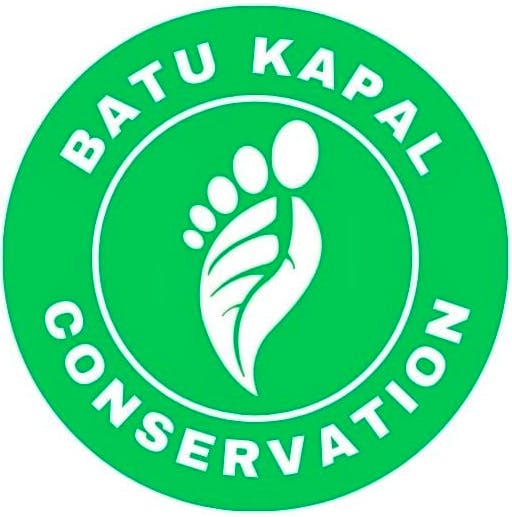
Batu Kapal Conservation
Agency - founded in 2016
Verified by Volunteer World
Coordinated by
Batu Kapal Conservation
About the project
58 reviews ·  4.5
4.5
Location

You might also be interested in
-
Macaque
Orangutan Conservation
Plastic Reduction
Sumatra
Great Apes Conservation
Monkeys
Waste Reduction
Group Volunteering
Couples
Volunteer Trips for College Students
Wildlife in Indonesia
Projects Abroad
Primate Conservation in Indonesia
Best Volunteer Programs
Voluntouring
Global Volunteer Opportunities
Adults
Mission Trips
Family Volunteering
50 Plus Volunteering
